Student Groups & Graduate Conference
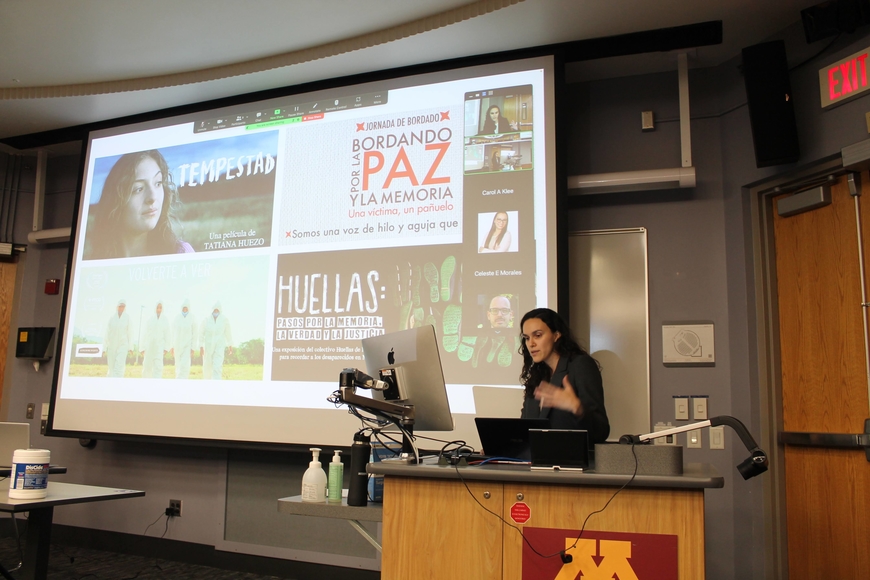
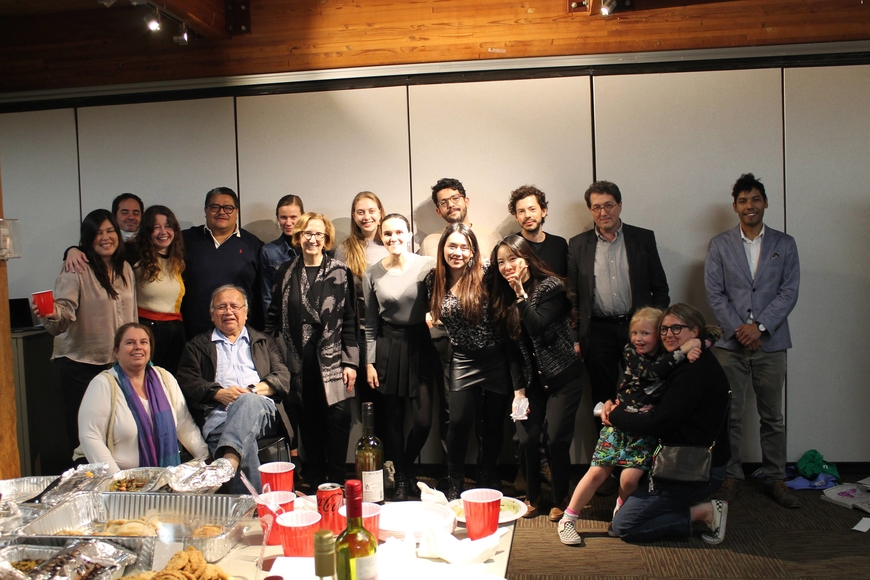
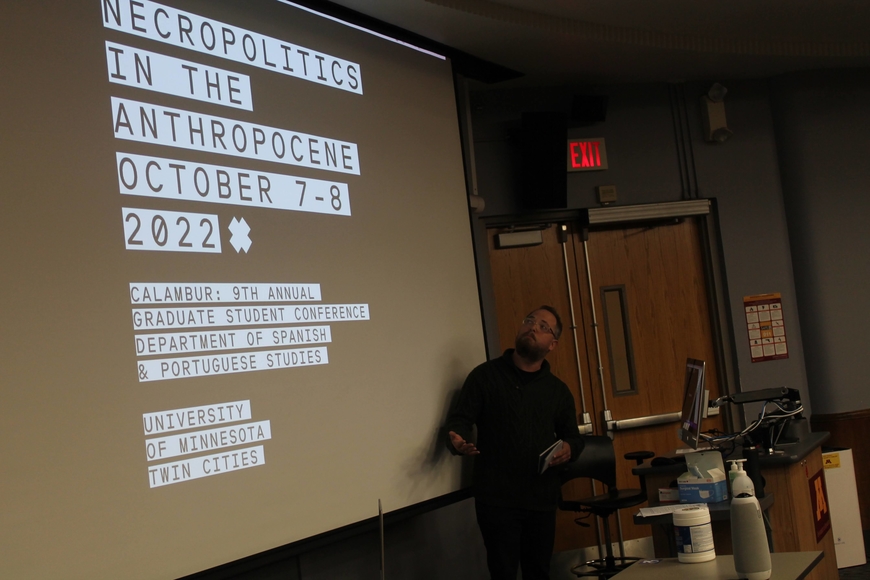
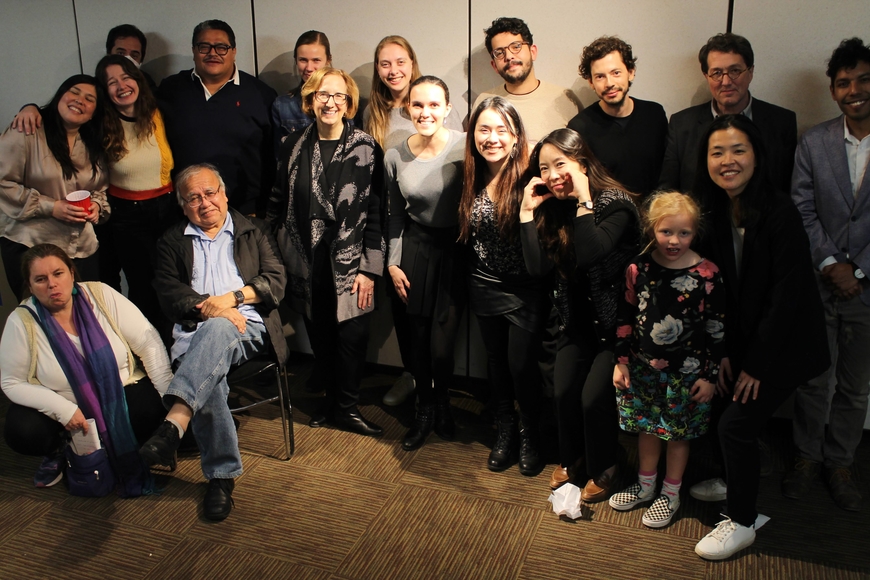
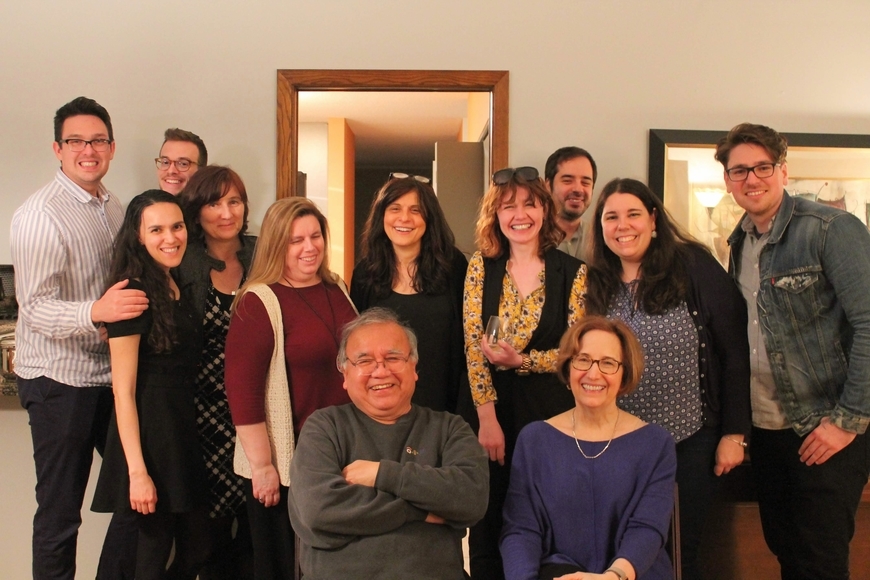
Our graduate student groups allow both students & faculty to network and gain real-world experience.
The Inclusive Language Instruction Research Group exists to contribute to the diverse community at the University of Minnesota (and beyond!) through the promotion of inclusivity in language classrooms. In particular, we explore how languages are changing to express the identities of the speakers and their meaning-making needs.
We promote communication and collaboration among instructors in an effort to:
- reflect on our own biases and address them;
- share pedagogical resources; and
- create a safe learning environment for all students.
We also engage with the public through our social media platforms to share relevant information about inclusive language education with both teachers and students.
HaLLA exists to contribute to the University’s diverse community through the promotion of Hispanic and Luso-Brazilian languages and cultures and to make available a forum for the presentation of graduate student work within the Department of Spanish & Portuguese.
During our monthly HaLLA meetings, the Hispanic Linguistics students and faculty present their current work, completed or in progress, often in preparation for a conference or to gain feedback on a research project or idea. These meetings provide the presenters with a friendly and encouraging environment in which to problematize aspects of their research and to discuss the future directions and implications of their work with their peers.
The SpanPort Research Group (SPRG) is a graduate student led organization dedicated to the study and research of Spanish and Lusophone literatures and cultures at the University of Minnesota. SPRG desires to create a forum for graduate students, faculty, and local scholars to present their work and research in a less formal setting, which allows for constructive feedback from peers and colleagues.
We encourage participation from individuals both from within and outside the Department of Spanish & Portuguese as well as from scholars in the greater Twin Cities academic community. We want to be a forum that allows for the presentation of scholarship from multiple levels of academic preparation: from graduate students planning to present a paper at a conference to students, faculty, and community scholars seeking to publish their original research. In regards to the latter, there will be a handful of planned presentations throughout the academic year that showcase exciting research in the area of Spanish and Lusophone literatures and cultures. Contact SPRG by email or check out our official website
Our work is dedicated to the memory of one of our founding members, Isabel de Sousa Ramos.
Since 2013, graduate students in the Department of Spanish and Portuguese Studies at the University of Minnesota-Twin Cities have hosted their annual interdisciplinary conference in the spring, titled Calambur. Our conference has grown consistently since its beginning, and each year graduate students from across the country and internationally gather to present and discuss their research in the broad fields of Hispanic and Lusophone Literatures, Cultures, and Linguistics. The conference features two plenary talks from leaders in the fields of Hispanic and Lusophone Literatures, Cultures, and Linguistics, several paper presentation sessions, a movie screening and Q&A session, and several workshops and discussion panels.
Our annual Graduate Conference has four intended goals: 1) to promote networking with peers and professors from this university and others; 2) to provide graduate students with opportunities to present original research; 3) to receive and provide feedback on academic projects and ideas, and 4) to create a multidisciplinary space for discussion. By bringing students and faculty together, we are able to connect, share, theorize, and expand on our research and learning in ways that are only possible in such a communal setting. The value of the personal and professional connections afforded to our community through conferences of this kind is immeasurable, often leading to lasting relationships with researchers both in and outside of our specific field of interest. For more information, visit the conference website.
2022 - Necropolitics in the Anthropocene
Keynote Speakers: Dr. Nil Santiáñez, Saint Louis University & Dr. Jennifer Leeman, George Mason University
2021 - ¿Dualities?: Multiplicity in the Representation of Identity
2020 - Dualities: Hybrid States and Liminal Identities (cancelled due to COVID-19)
2019 - Tabú
2018 - Horror Vacui
2017 - Shifting Landscapes
2016 - Exchange and Collision
2015 - (Up)rooted & (Un)moored